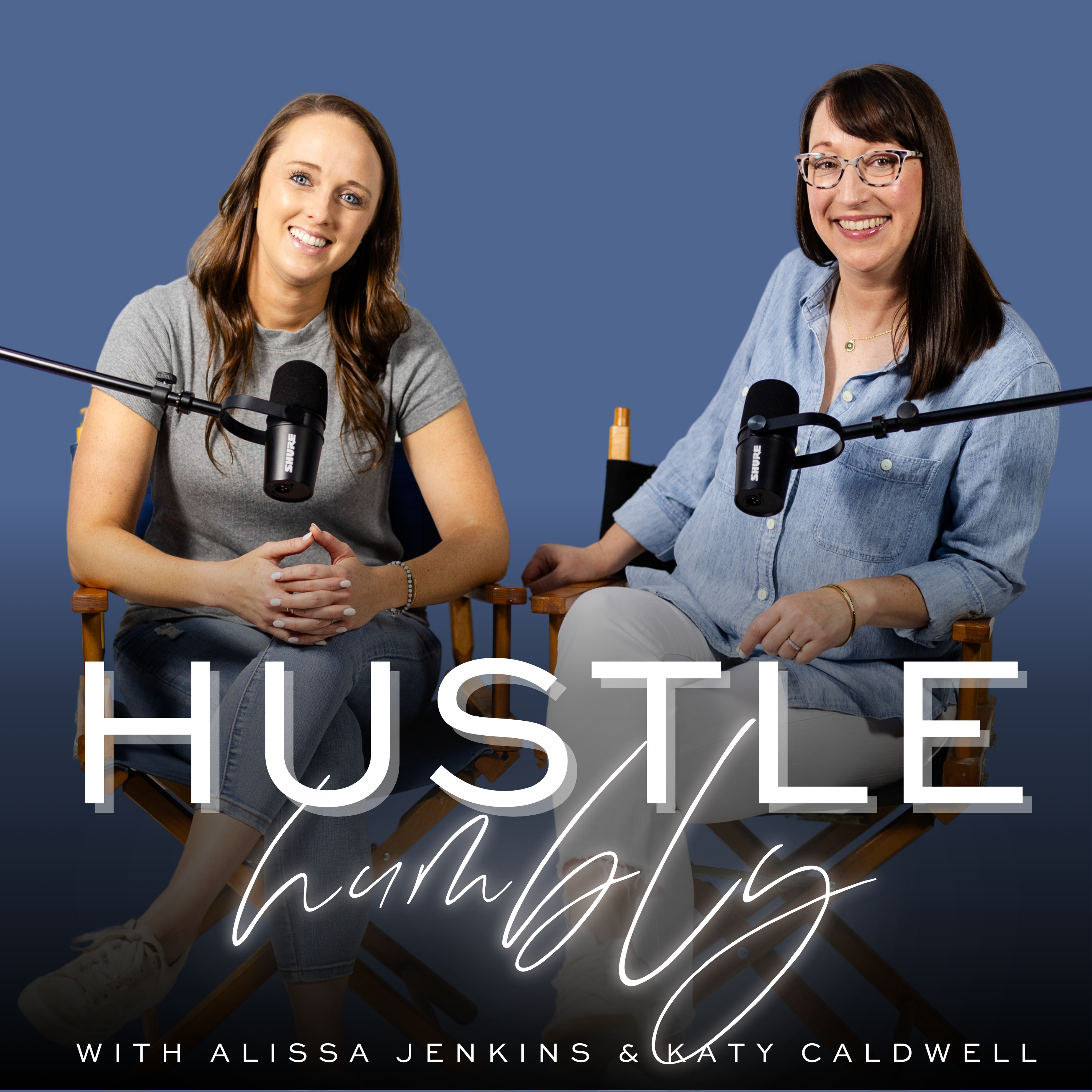Storytelling for Your Business: How to Connect and Convert Clients
Telling a compelling story is one of the most powerful tools in business. Storytelling for your business helps clients understand concepts, builds trust, and makes your message memorable. Facts alone won’t convince people, but a well-told story can create an emotional connection that drives action. In real estate, stories help buyers and sellers grasp complex ideas, learn from past experiences, and feel more confident in their decisions. Whether you’re explaining market trends, negotiating deals, or sharing client successes, storytelling makes your message stick.
Why Storytelling Matters in Business
People remember stories better than facts. A story adds context, making information easier to process and more relatable. Real estate agents often use storytelling to explain financing, market conditions, or home inspections in a way that clients can understand. For example, instead of saying, “Insurance is tough right now,” sharing a real-life story about a buyer who struggled to secure coverage can make the issue feel more real and urgent.
Learning to Be a Better Storyteller
Some people are natural storytellers, but anyone can improve with practice. To enhance storytelling for your business, focus on:
- Knowing your audience: Tailor your stories to match their experiences and concerns.
- Creating structure: Every story should have a beginning (context), a middle (challenge), and an end (resolution).
- Adding emotion: People connect with feelings, so include challenges, frustrations, or successes.
- Practicing often: The more you tell a story, the better it becomes. Pay attention to how others react and adjust accordingly.
Using Storytelling in Real Estate
Successful agents incorporate storytelling into multiple aspects of their business:
- Client interactions: Explain processes through real-life examples instead of just stating facts.
- Marketing and social media: Share success stories and challenges to attract potential clients.
- Listing descriptions: Use descriptive language to paint a picture of what living in a home would feel like.
- Testimonials: Client experiences serve as powerful stories that build trust with future buyers and sellers.
Final Thoughts
Storytelling isn’t just for entertainment—it’s a crucial tool in business. Storytelling for your business makes information relatable, helps clients feel informed, and ultimately drives sales. Whether you’re posting on social media, writing emails, or talking to a client, using real-life experiences will make your message more impactful. Start incorporating storytelling into your business today and watch how it strengthens your connections and conversions.
Leave us a review at RateThisPodcast.com/HustleHumbly
Get your FREE Database Template
Submit your topic ideas and toasts to Hello@HutleHumblyPodcast.com.
—————–
Rate, Review, & Follow on Apple Podcasts
“I love Katy and Alissa and The Hustle Humbly Podcast.” <– If that sounds like you, please consider rating and reviewing our show! This helps us support more people — just like you — move toward the life and business that they desire. Click here, scroll to the bottom, tap to rate with five stars, and select “Write a Review.” Then be sure to let us know what you loved most about the episode!
Also, if you haven’t done so already, follow the podcast. We’re adding a bunch of bonus episodes to the feed and, if you’re not following, there’s a good chance you’ll miss out. Follow now!
